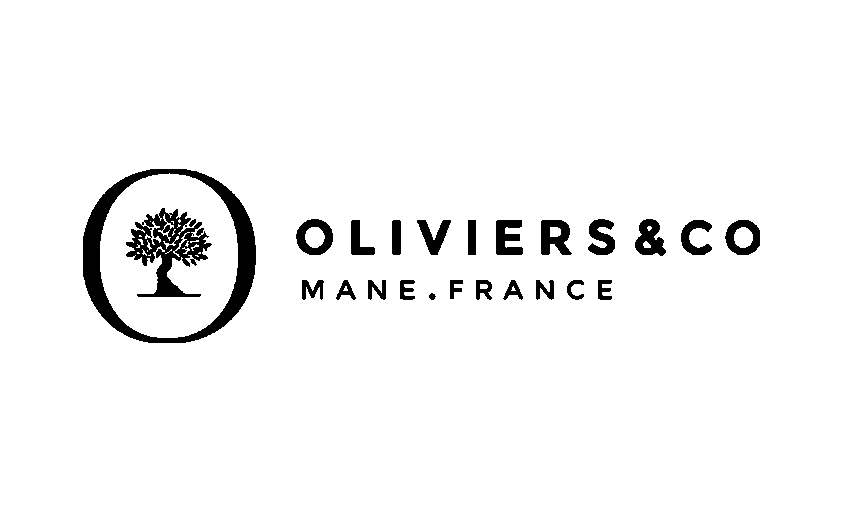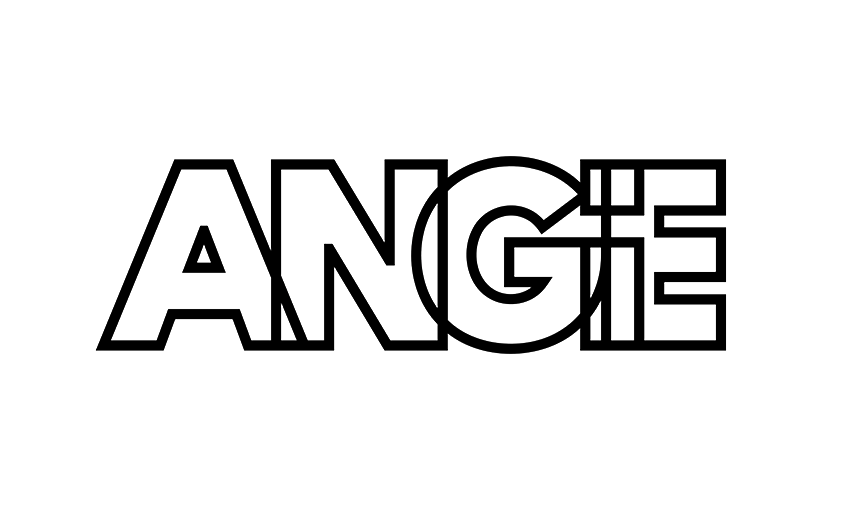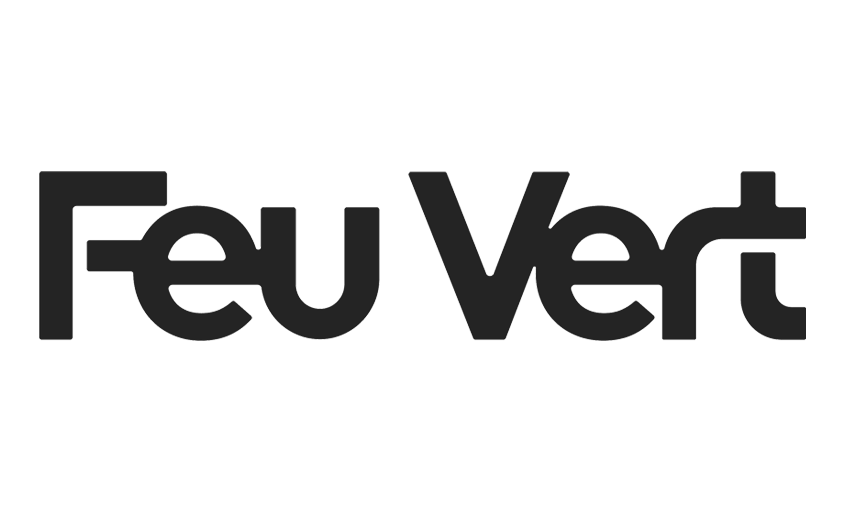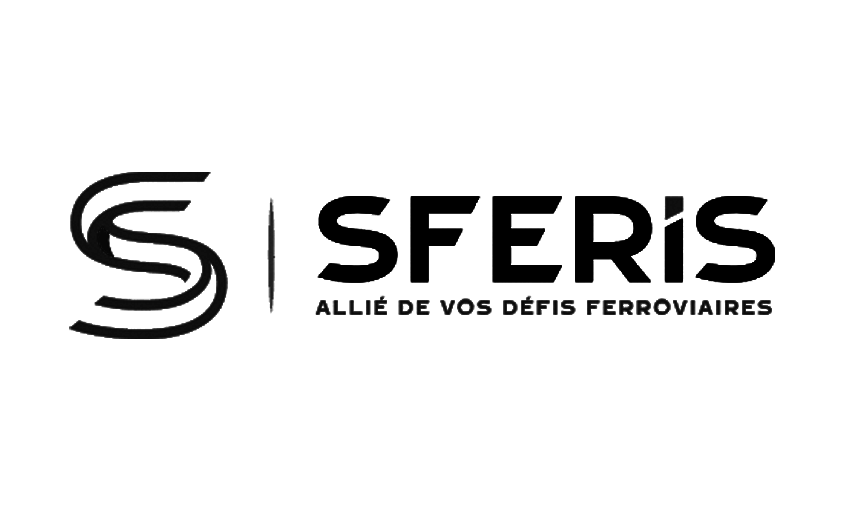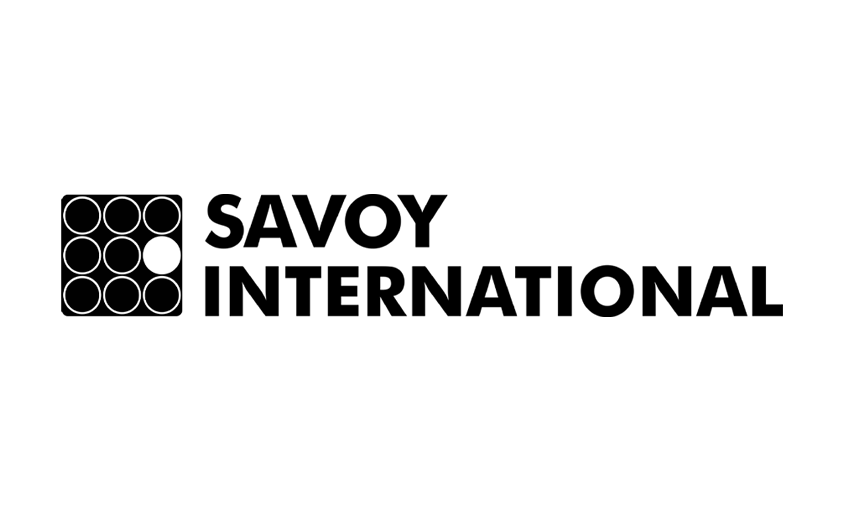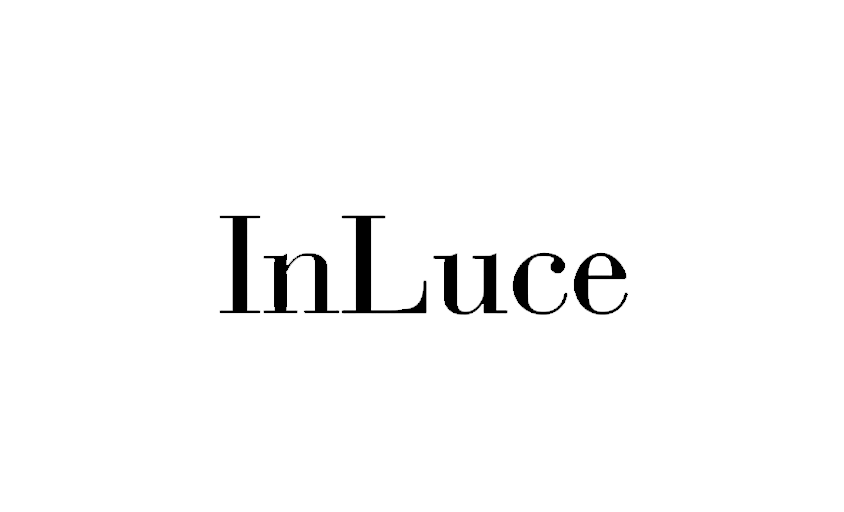Image Rights
In this article :
Image rights are an essential component of the right to privacy, protecting individuals from the unauthorized use of their likeness. This right allows each person to control how their image is used, whether in a commercial, advertising, or media context, and ensures that their visual identity is not exploited without prior consent.
Fundamental Principles of Image Rights
Expressed Consent: The use of a person’s image requires their explicit agreement, often formalized through a contract or written authorization, specifying the scope and duration of use.
Right to Privacy: Respect for privacy lies at the heart of image rights, prohibiting the distribution of images taken in private spaces or situations where an individual’s privacy may be compromised, without their consent.
Exceptions and Limitations: Certain exceptions apply, particularly for public figures in the course of their duties or during public events. However, even in such cases, image use remains subject to restrictions to prevent defamation or harm to dignity.
The Importance of Image Rights
Image rights are crucial to:
- Protect the Individual: Prevent the abusive or harmful use of a person’s image that could damage their reputation, dignity, or private life.
- Regulate Commercial Use: Ensure that companies and media outlets obtain the necessary consent before using someone’s image for commercial or promotional purposes.
Challenges and Considerations
- Digital Distribution: In the digital age, managing and respecting image rights has become more complex due to the ease of sharing and modifying images online.
- Case Law and Legislation: Image rights vary by jurisdiction, requiring a clear understanding of both local and international laws to navigate the global media landscape effectively.
Conclusion
Image rights play a key role in protecting individuals’ identity and dignity in relation to how their image is used. In a world where visual representation holds significant power, understanding and respecting these rights is essential for image professionals, businesses, and media organizations. Ensuring consent and complying with legal boundaries is not only a legal obligation but also a matter of ethics and mutual respect.
Jérémy Carlo is the editorial director at Rétines, where he ensures the consistency and clarity of all content produced by the studio.
Our Clients
Let’s discuss
What we do for you at Rétines
Meticulous work, an organised project and fast delivery. And to achieve this, we mobilise the right resources in our teams at the right time.
01
Pre-production
Artistic and technical direction tailored to the project.
Relevant recommendations on content, form and resources.
02
Photo Shooting
Photos taken by our experienced photographers.
Production that’s controlled, efficient and tailored to the needs of the project, with nothing superfluous.
03
Retouching
Technique
Photographs magnified by our retouching team.
Post-production to meet the commercial challenges of the brief.



